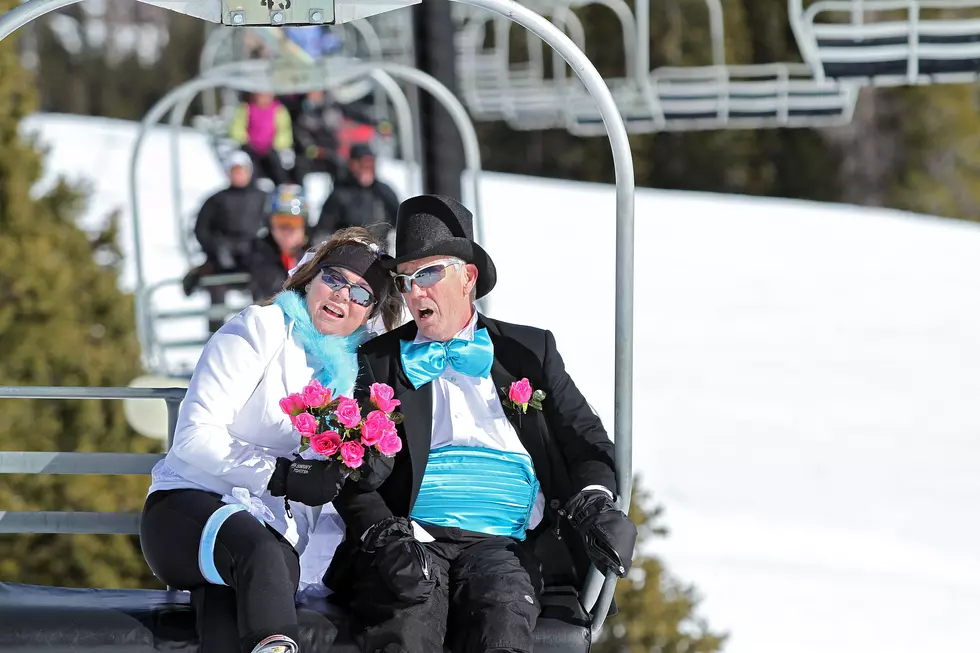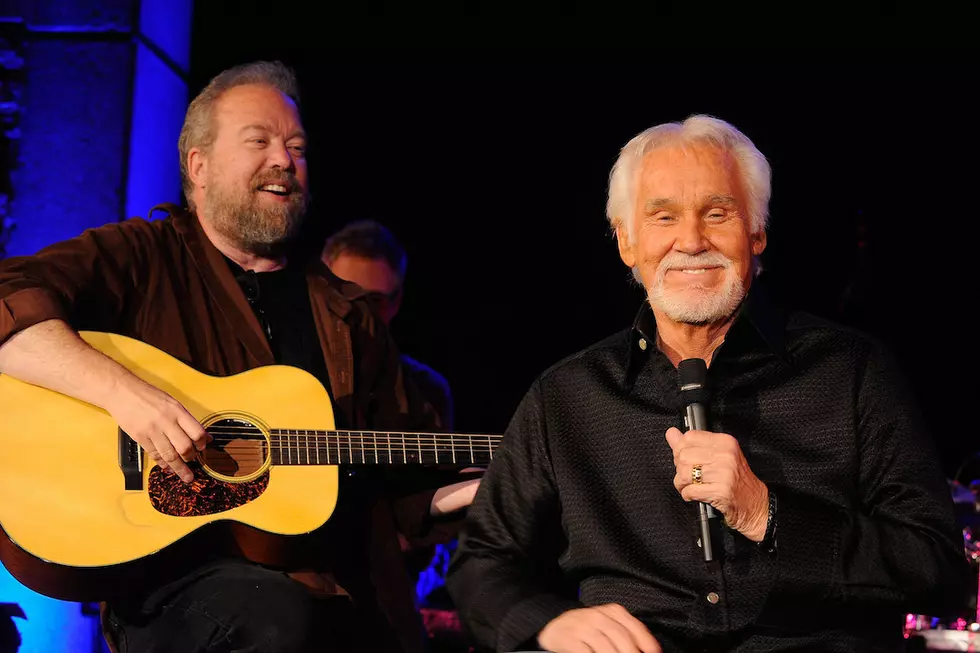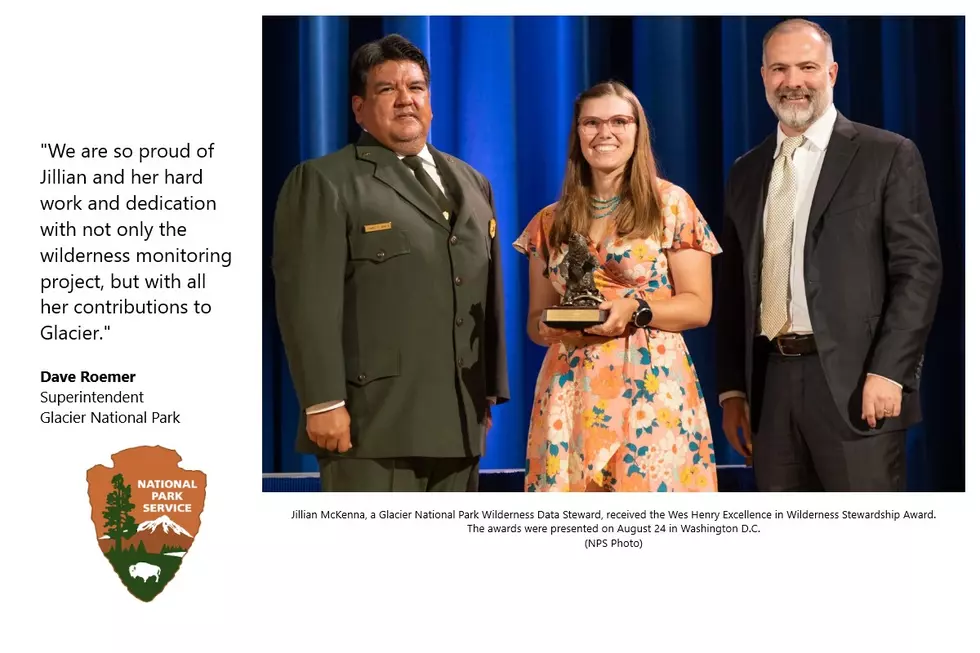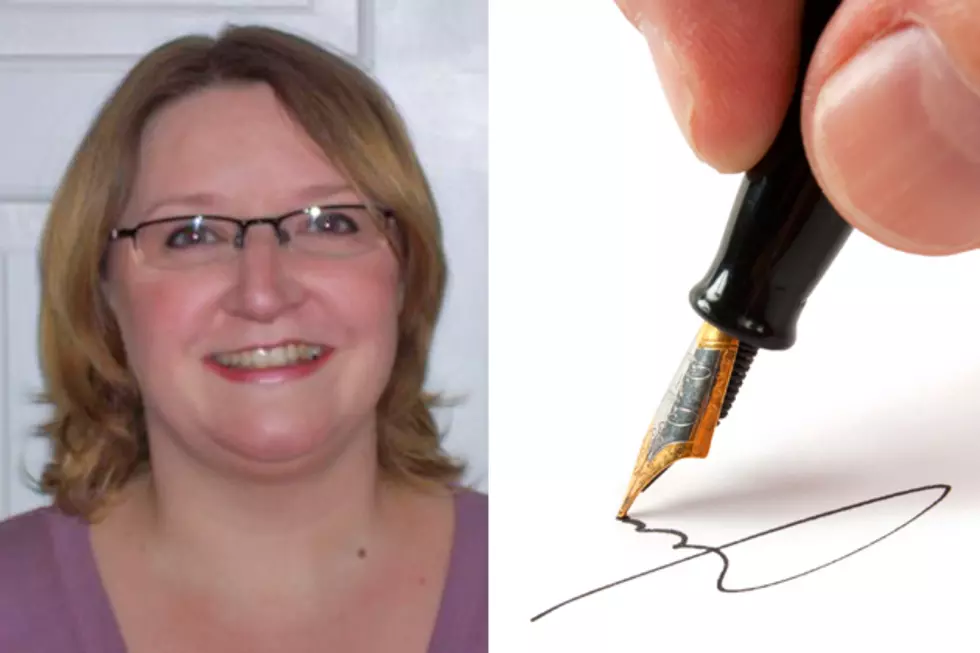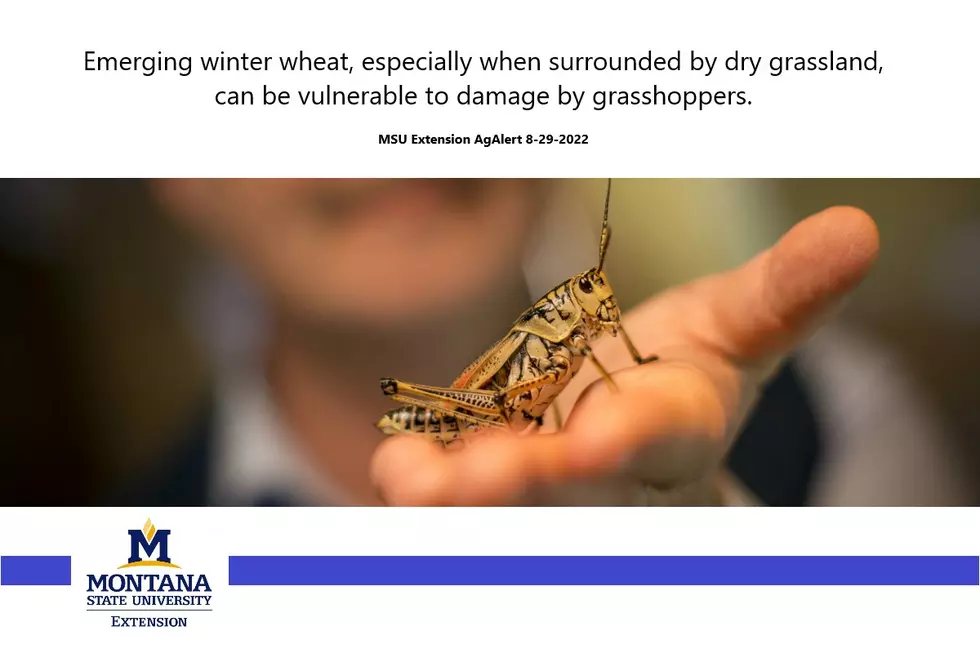
UM’s Online Addiction Studies Certificate Filling Critical Counselor Shortages
MISSOULA – For University of Montana student Amanda Martinez, the decision to study addiction counseling was both academic and deeply personal.
Recovering from drug addiction, Martinez wanted to use her difficult life experiences to help other women struggling with drugs and alcohol and knew she needed training to succeed.
“My story is not unique and that is sad,” said Martinez, a mother to two daughters. “For so many women something dramatic happens and they don’t know what to do. They lose their kids, and they are hurt, and the vicious cycle begins. I want to be an advocate for women and mothers.”
That desire led Martinez to enroll in Missoula College’s Addiction Studies Program, which now offers a fully online Certificate of Technical Studies to help address the growing issues related to substance abuse while increasing the number of professionals practicing in the field.
According to the Montana Substance Use Disorder Task Force, an estimated 79,000 Montanans struggle with substance abuse disorders, with drug overdoses being the fourth leading cause of injury related deaths in the state. Meanwhile, a study by the Substance Abuse and Mental Health Services Administration, found 92% of Montanans with a substance abuse disorder are not receiving treatment.
“In every community there is a workforce shortage for people who want to treat substance abuse disorders. And that gets even harder in rural areas,” said Katie Smith, an adjunct faculty member in UM’s Chemical Addiction Studies program. “Substance abuse is treatable if we have the resources.
“And every single person who completes this program is that resource.”
The Addiction Studies CTS provides students wherever they live with the online coursework needed to apply for a Licensed Addiction Counselor license. With the training complete, graduates are fully employable, and can apply for their license after completing 1,000 supervised hours working in the field, Smith said. The certificate also can be combined with Missoula College’s General Studies Certificate to complete an Associate of Arts degree.
Patrick Ryan, clinical program supervisor of Recovery Center Missoula at the Western Montana Mental Health Center, serves on the advisory board for the program and calls it “essential” to the treatment of substance abuse in the community.
“Demand for services always outweighs supply,” said Ryan, a recovering alcoholic himself. “I have patients waiting three to five weeks to get one of our beds. While they’re waiting, they will continue to use. Not all of them will make it to their admission.”
Sober since April 23, 2012, Ryan said he tried for years to manage a disease that is unmanageable without help, finally getting into a long-term treatment program offered by WMMHC’s Share House. While there, he was accepted into the state’s Vocational Rehabilitation Program and enrolled in Missoula College’s Chemical Addiction Studies program. He eventually moved his way up from a volunteer at WMMHC to a Licensed Addiction Counselor and is now the director of the recovery center.
“The fact that I have come full circle has not been lost of me,” Ryan said. “To go from patient to student to professional. That is what this is all about.”
Smith and Ryan stressed that while many students in the program are in recovery or have family experience with addictions, it isn’t necessary to succeed as an addiction counselor.
“Being in recovery can help you establish relationships, but you still have to have the tools to understand how to help,” Ryan said. That includes, he adds, understanding how trauma can play a driving force in alcoholism and drug abuse.
For Martinez the death of her mother in a car crash exacerbated her drug use.
“I wasn’t participating in life, and I got into a lot of trouble,” Martinez said. “I tried to manage it myself, but I didn’t have any guidance on how to do that.”
After serving time and completing a Montana Department of Corrections treatment program, Martinez returned to her family’s home in Victor and is working on fixing relationships with her daughters, establishing a community of recovery and crafting a new future for herself.
“I thought maybe I could go back to school but then thought, no, I am a felon, on probation and a drug addict,” Martinez said. “My dad said fill out the application, see what happens. The worst thing they can say is no.”
Missoula College didn’t say no, and Martinez went on to complete her associate’s degree and now wants to pursue a bachelor’s degree.
“My instructors never made me feel less, they celebrated my accomplishments and explained things to me,” Martinez said. “I felt I had nothing to offer, that I was too tarnished. But it’s your world experiences that make you.”
More From K96 FM
